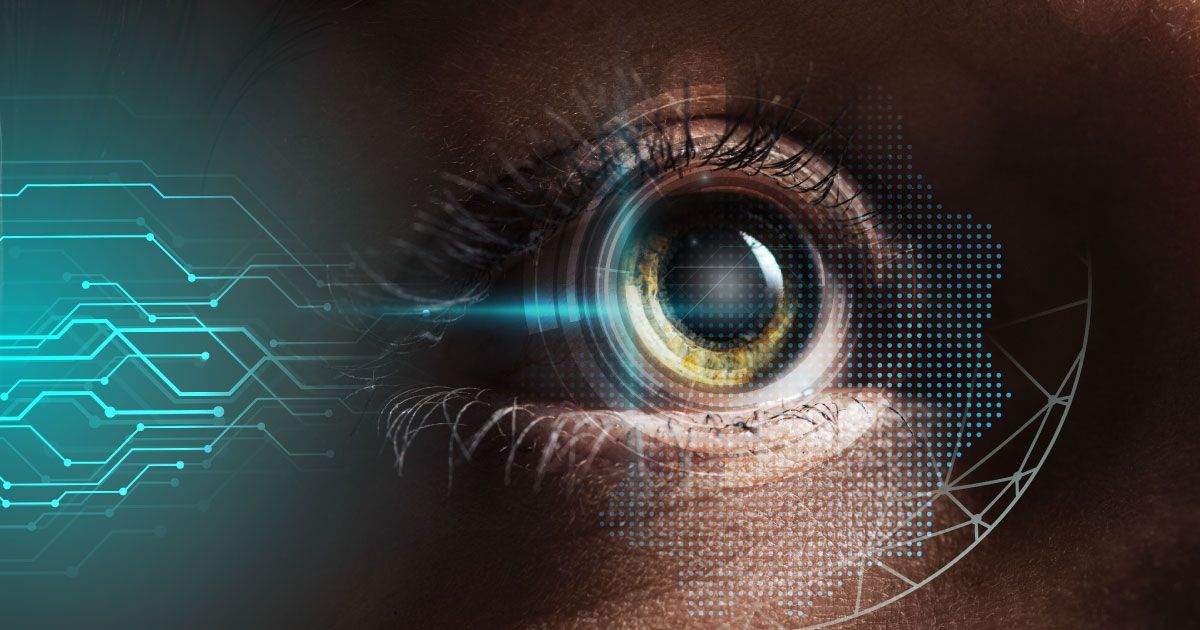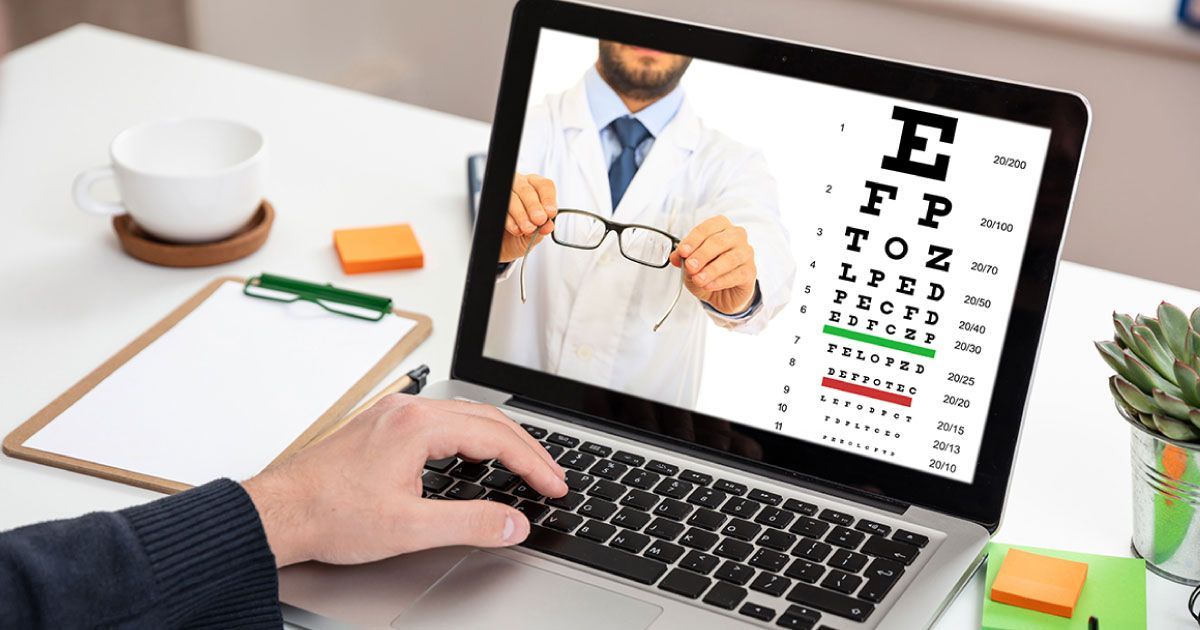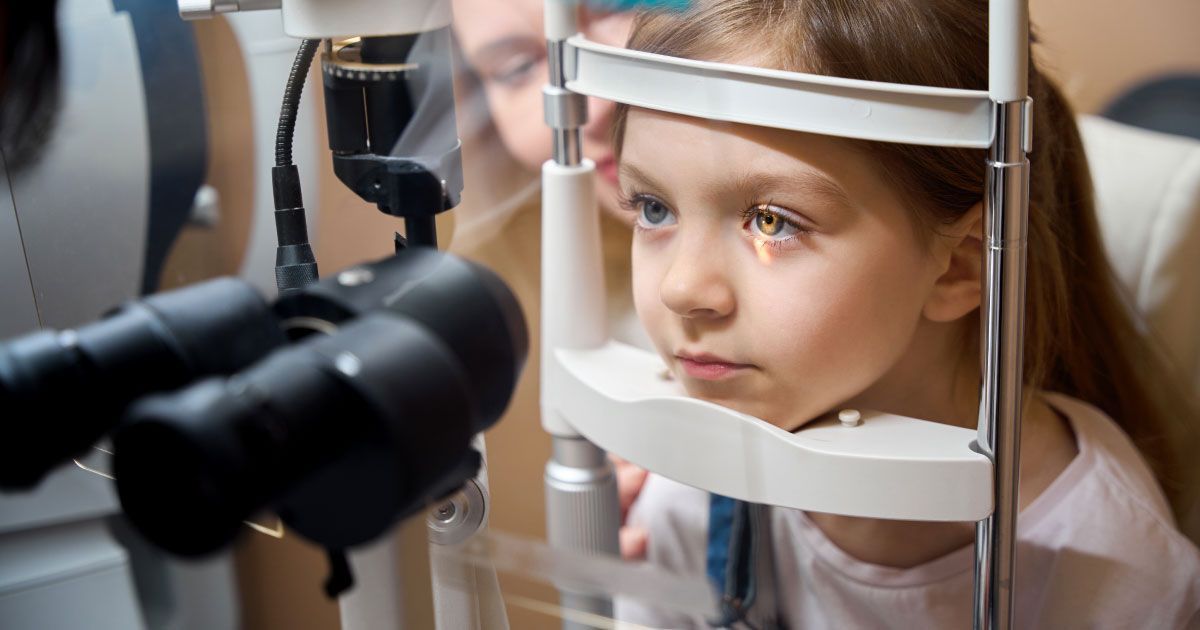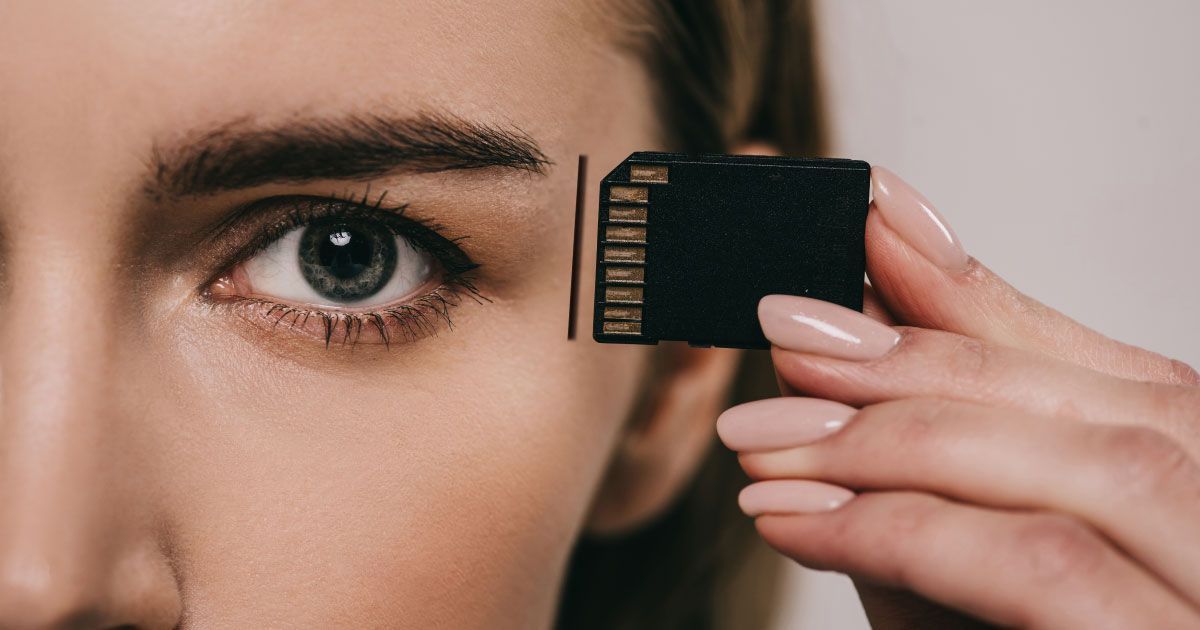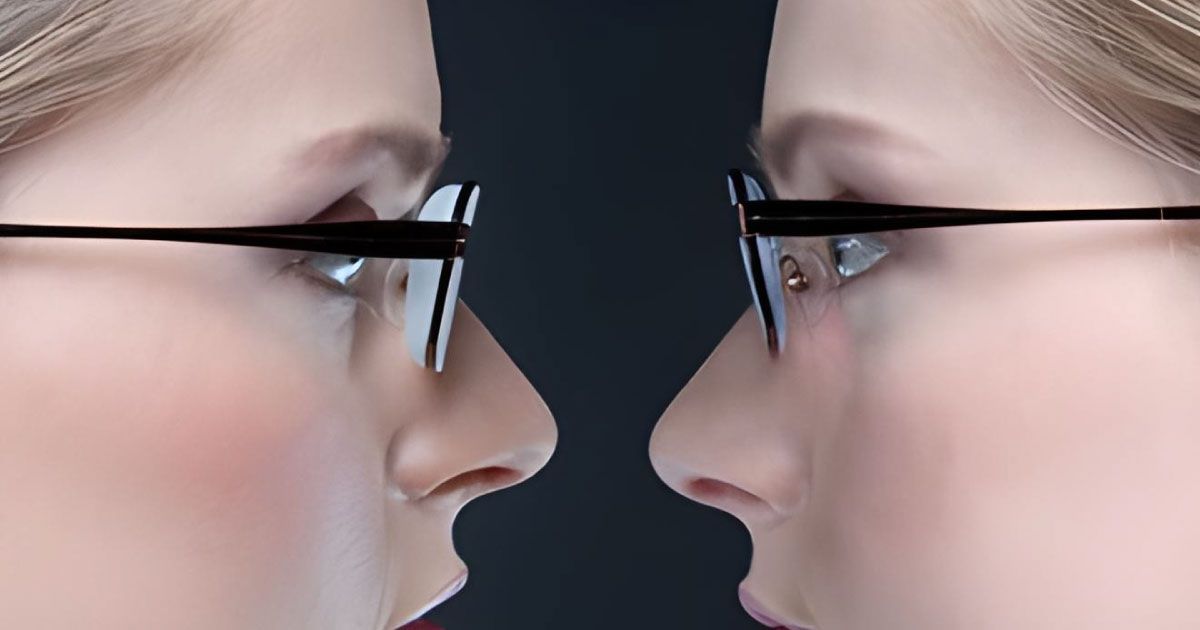Clear Vision and Eye Health: Essential Healthy Habits for Contact Lens Wearers
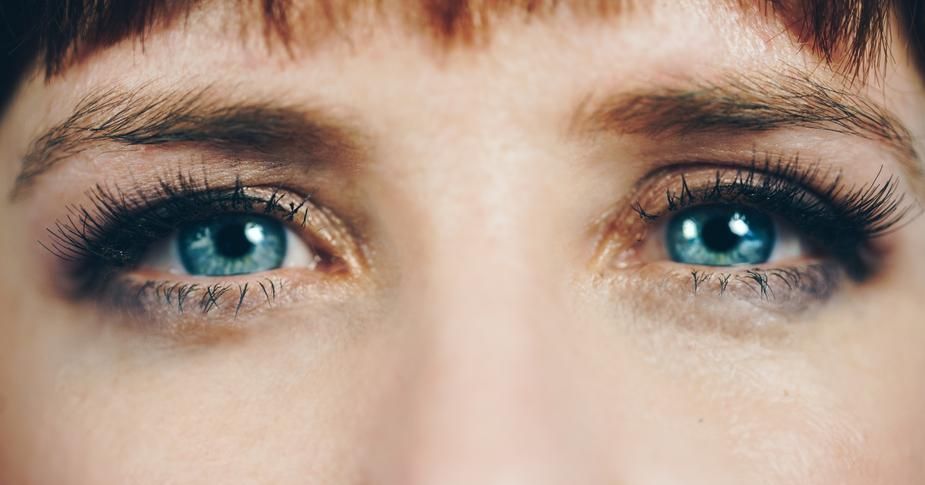
Read time: 6 minutes
Contact lenses are a convenient and popular alternative to eyeglasses. They provide clear vision without the need for cumbersome frames, making them a preferred choice for many individuals. However, while contact lenses offer numerous benefits, they also require proper care and maintenance to ensure your eyes stay healthy and your vision remains crisp. In this article, we'll explore the essential healthy habits that all contact lens wearers should know to maintain optimal eye health and enjoy the benefits of clear, comfortable vision.
Proper Hygiene is Paramount
Maintaining excellent hygiene is the cornerstone of contact lens care. This is because you're placing a foreign object directly on your eye's surface. Any bacteria or contaminants present on your fingers or contact lenses can potentially lead to infections or irritation.
Always begin by thoroughly washing your hands with soap and water before handling your contact lenses. Use a clean, lint-free towel to dry your hands. Avoid using hand sanitizers with moisturizers or fragrances, as these can leave residues on your hands that may transfer to your lenses.
When cleaning your lenses, use the appropriate contact lens solution recommended by your eye care professional. Never use tap water or saliva to clean or rinse your lenses, as these can introduce harmful bacteria to your lenses.
Proper hygiene extends to your contact lens case as well. Clean the case daily using contact lens solution, and replace it every three months to maintain a sterile environment for your lenses.
Follow the Recommended Replacement Schedule
Contact lenses come in various types, including daily disposables, bi-weekly, and monthly lenses. The replacement schedule is not arbitrary; it's designed to ensure that your lenses remain in optimal condition and that your eyes are protected.
Overwearing contact lenses, beyond their recommended duration, can lead to a host of problems, including discomfort, dryness, blurred vision, and an increased risk of infections. It's crucial to adhere to your eye care professional's recommendations regarding the replacement schedule.
Skipping this guideline might save you some money in the short term, but the long-term risks to your eye health are not worth it. Always prioritize the health of your eyes over any temporary convenience.
Clean and Replace Your Contact Lens Case Regularly
The importance of your contact lens case cannot be overstated. It's where your lenses spend most of their time, and any contamination in the case can directly affect your eye health. Therefore, it's essential to clean and replace your lens case regularly.
Start by cleaning your lens case daily. After removing your lenses, rinse the case with fresh contact lens solution and allow it to air dry, ensuring it remains open and inverted to prevent any residual moisture from accumulating.
Despite regular cleaning, lens cases can develop a buildup of microorganisms over time. To prevent this, replace your case every three months. This practice ensures that your lenses are stored in a clean, hygienic environment that doesn't compromise your eye health.
Always Remove Your Lenses Before Sleeping
One of the most critical habits for contact lens wearers is removing your lenses before sleeping. Sleeping with your lenses in is known as "overnight wear," and it significantly increases the risk of eye infections and discomfort.
Contact lenses limit the amount of oxygen that reaches your cornea, the clear front surface of your eye. When you close your eyes during sleep, even less oxygen is available to your cornea. This oxygen deprivation can lead to a condition known as "corneal neovascularization," in which new blood vessels grow into the cornea, potentially leading to blurred vision and other complications.
To maintain healthy eyes and clear vision, it's vital to remove your contact lenses before sleeping. If you need lenses that you can wear overnight, discuss this with your eye care professional, as specific lenses are designed for extended or continuous wear.
Regular Eye Exams are Non-Negotiable
Contact lens wearers should undergo regular eye exams, typically once a year or as recommended by your eye care professional. These comprehensive exams serve multiple purposes:
- They help detect any potential issues early, such as changes in your prescription, eye infections, or allergies.
- They ensure that your lenses are fitting comfortably and securely on your eyes.
- They allow your eye care professional to assess your overall eye health and make any necessary recommendations for contact lens adjustments or changes.
Routine eye exams are the cornerstone of maintaining good eye health, and they are especially important for contact lens wearers. By staying proactive and attentive to these exams, you're taking a significant step in protecting your vision and overall ocular well-being.
UV Protection is Crucial
Protecting your eyes from the harmful effects of UV radiation is essential for everyone, whether you wear contact lenses or not. However, contact lens wearers can take extra precautions to safeguard their eyes from the sun's rays.
When choosing contact lenses, consider options that provide built-in UV protection. Many contact lens brands offer lenses that block a portion of UVA and UVB radiation, helping to shield your eyes from these potentially harmful rays.
In addition to UV-protective contact lenses, it's advisable to wear sunglasses with UV-blocking capabilities when you're outdoors, especially during activities such as hiking, biking, or spending extended periods in the sun. This dual protection, in conjunction with your contact lenses, ensures your eyes are well-guarded against UV damage.
Limit Screen Time
In today's digital age, we spend an increasing amount of time looking at screens, whether it's a computer, smartphone, tablet, or television. This prolonged screen time can lead to a condition known as digital eye strain, also referred to as "computer vision syndrome."
Digital eye strain can result in symptoms such as eye discomfort, dryness, blurred vision, and headaches. Contact lens wearers may be more susceptible to these symptoms, as the lenses can contribute to dryness if proper precautions aren't taken.
To alleviate digital eye strain, contact lens wearers should follow the 20-20-20 rule. For every 20 minutes of screen time, take a 20-second break to look at something at least 20 feet away. This practice reduces eye strain by allowing your eye muscles to relax and minimizes the risk of dryness and discomfort.
Additionally, consider using lubricating eye drops (artificial tears) to keep your eyes moist and comfortable during extended screen time sessions.
Stay Hydrated
Hydration plays a crucial role in maintaining the comfort and clarity of your vision when wearing contact lenses. Dehydration can lead to dry eyes, which can be exacerbated by contact lens wear.
To ensure your eyes remain comfortable and well-lubricated, make it a habit to drink an adequate amount of water daily. Staying properly hydrated not only benefits your overall health but also has a direct positive impact on your ocular comfort.
Dry eyes can lead to irritation and discomfort while wearing contact lenses, so don't underestimate the importance of staying well-hydrated. If you find that dryness remains a persistent issue, consult with your eye care professional for additional solutions and recommendations.
Keep Rewetting Drops Handy
Contact lens wearers, especially those with dry or sensitive eyes, should always keep rewetting drops (artificial tears) on hand. These drops provide
Visit the CDC's website to find out more about protecting your eye with contact lens wear and care.
Share this blog post on social or with a friend:
The information provided in this article is intended for general knowledge and educational purposes only and should not be construed as medical advice. It is strongly recommended to consult with an eye care professional for personalized recommendations and guidance regarding your individual needs and eye health concerns.
All of Urban Optiks Optometry's blog posts and articles contain information carefully curated from openly sourced materials available in the public domain. We strive to ensure the accuracy and relevance of the information provided. For a comprehensive understanding of our practices and to read our full disclosure statement, please click here.


